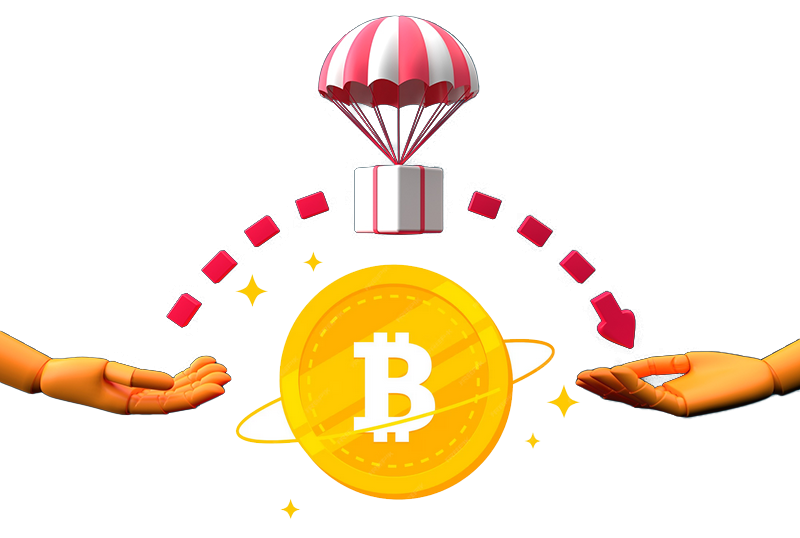Real World Assets- Explained
Tokenized real-world assets (RWAs) are blockchain-based digital tokens that reflect tangible and traditional financial assets, including cash, commodities, stocks, bonds, credit, artwork, and intellectual property. The tokenization of RWAs represents a significant shift in how these assets can be accessed, exchanged, and managed, opening up a plethora of new opportunities for both blockchain-powered financial services and a wide range of non-financial use cases based on cryptography and decentralized consensus.
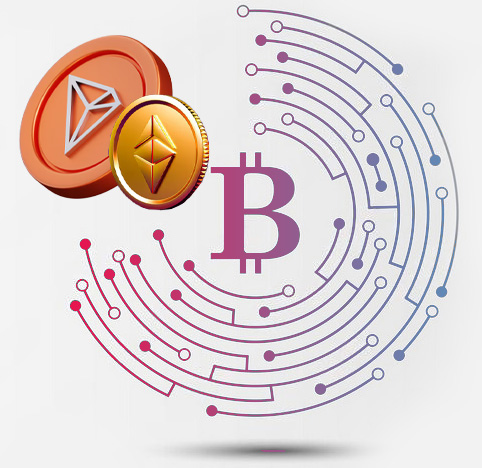

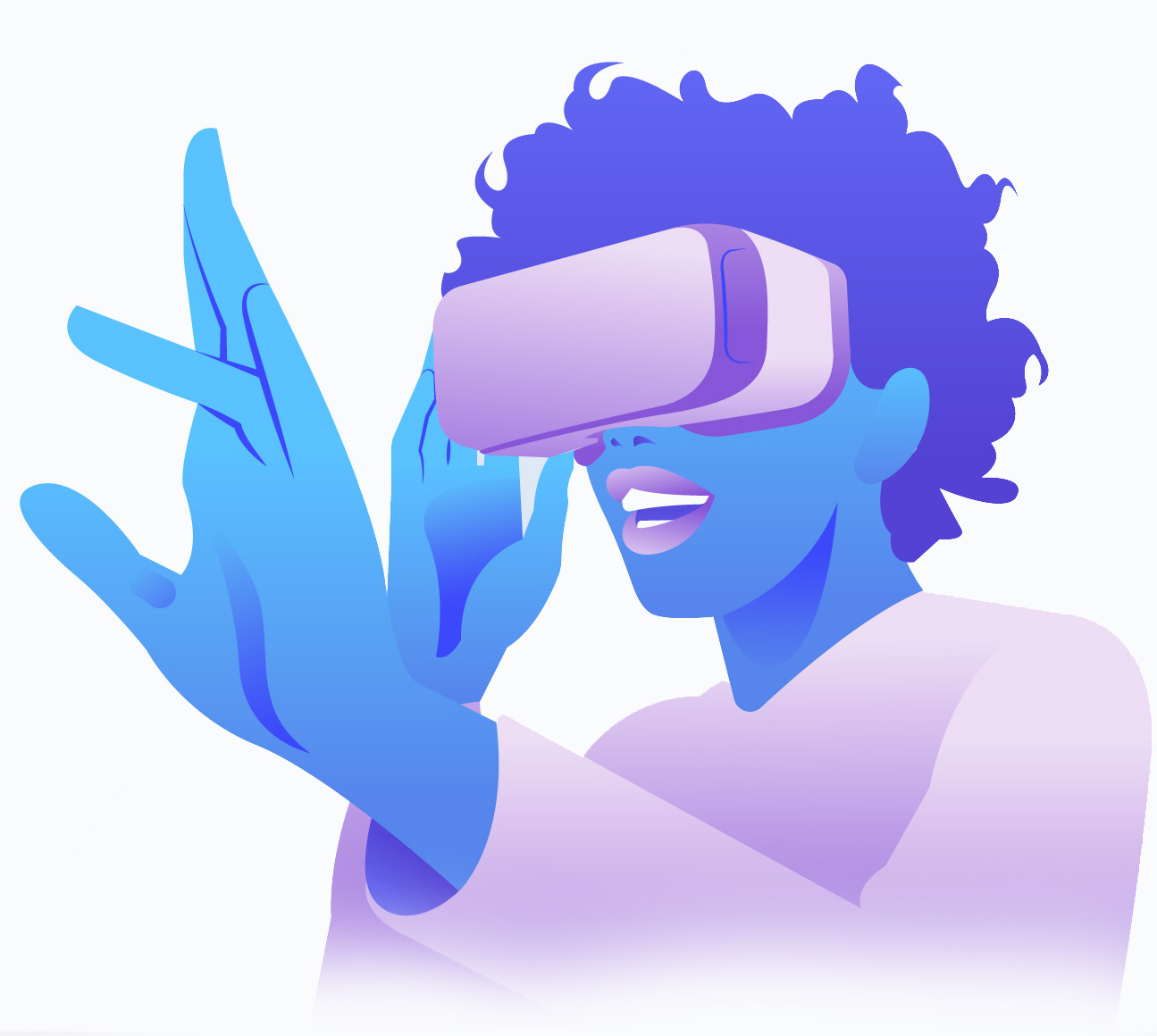
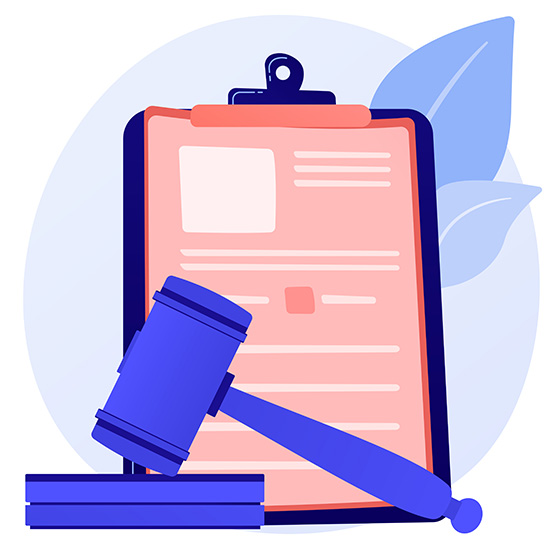
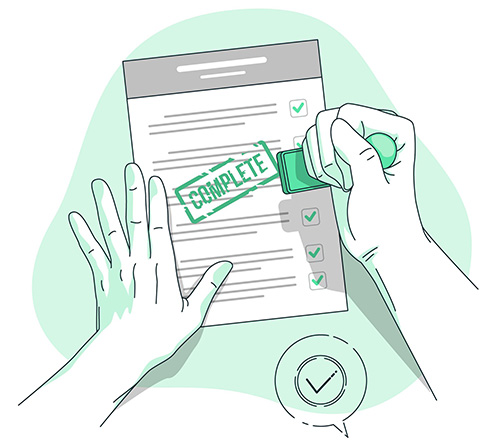
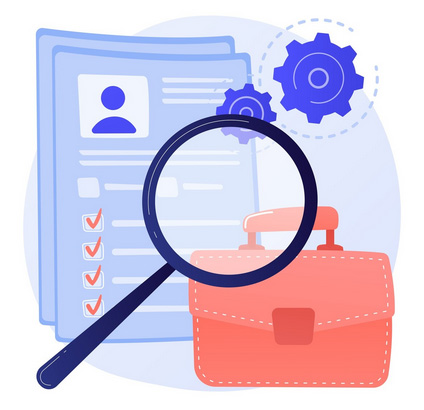
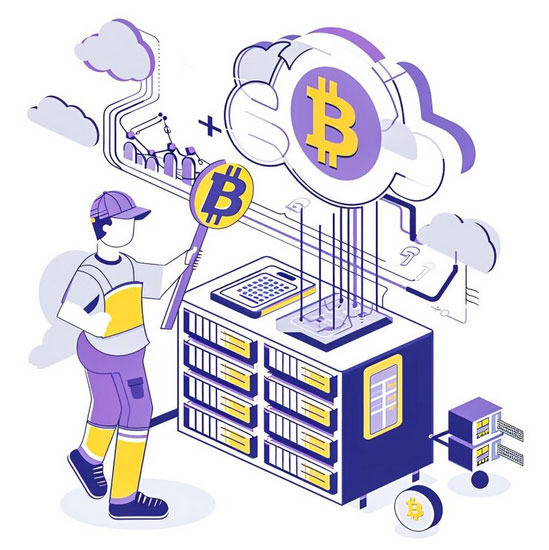
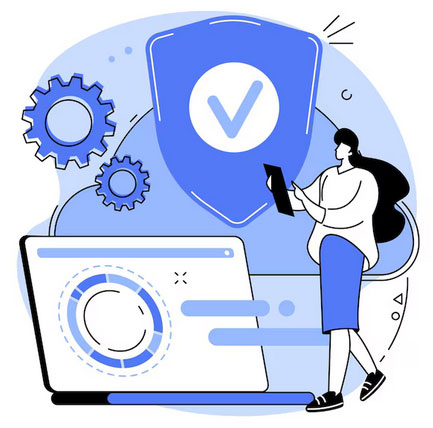
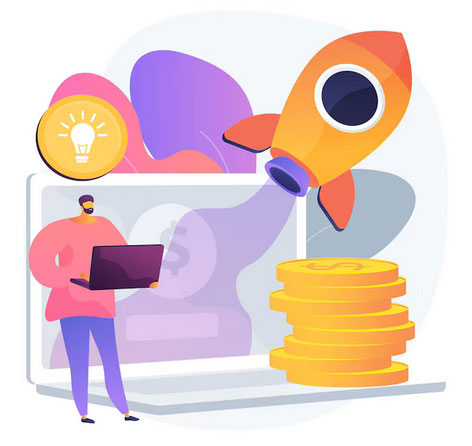
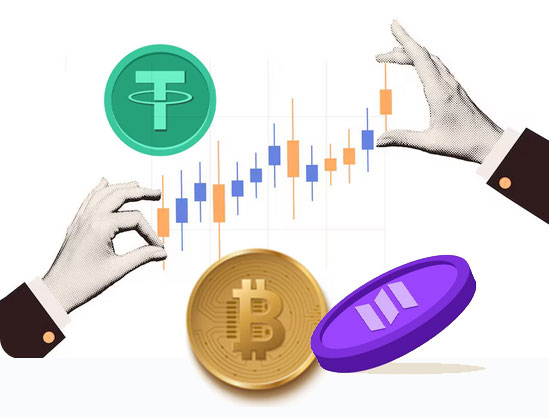
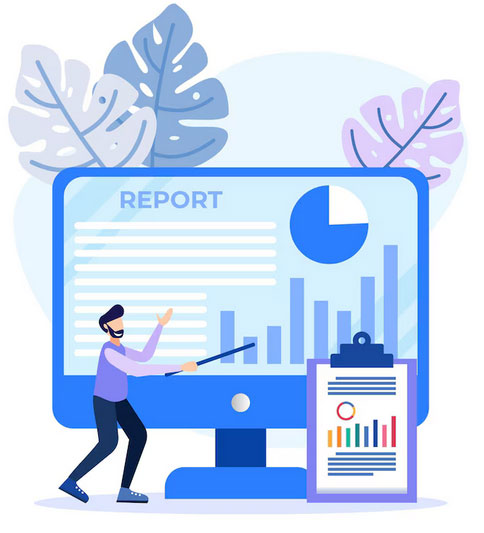
 Switzerland
Switzerland Singapore
Singapore Germany
Germany Luxembourg
Luxembourg USA
USA






